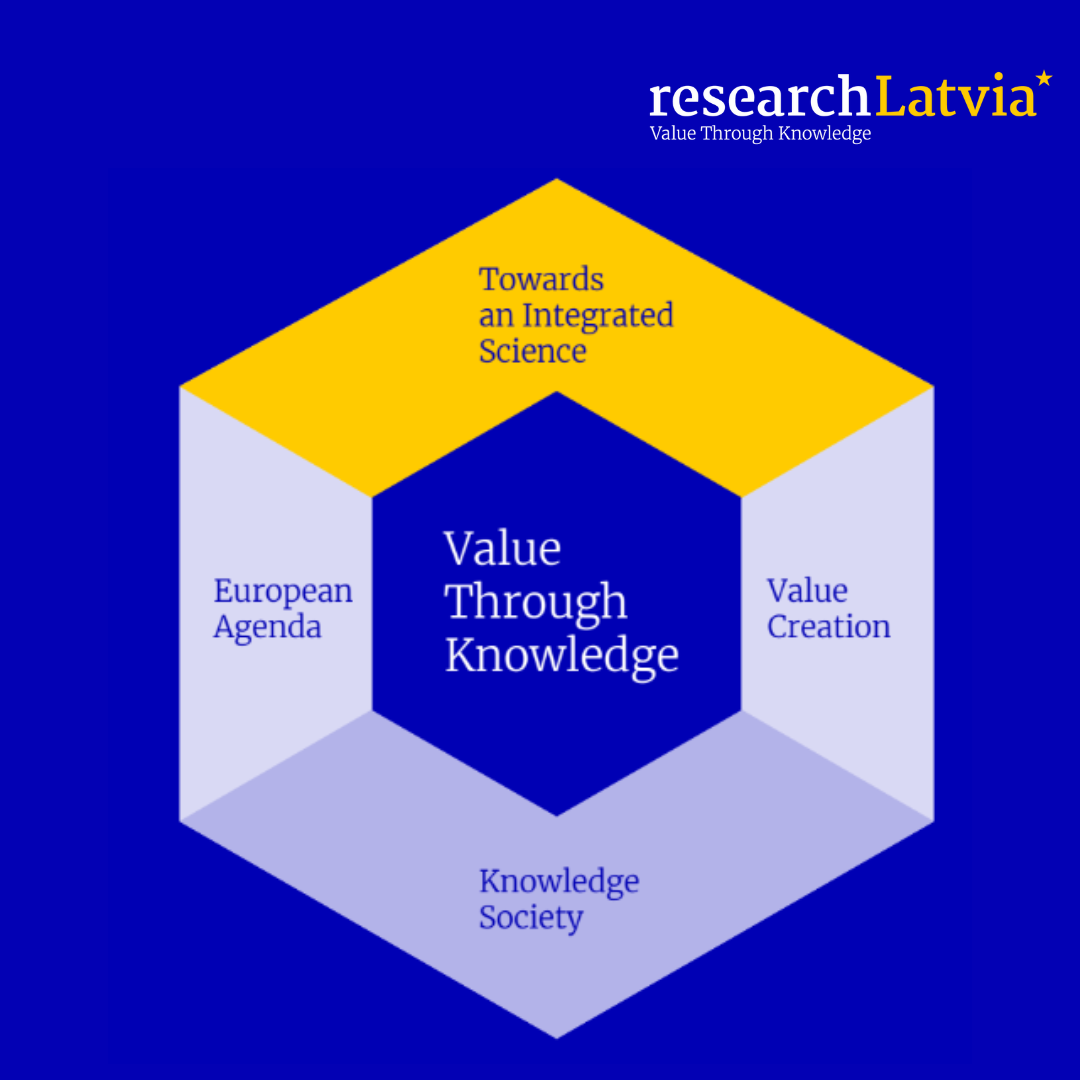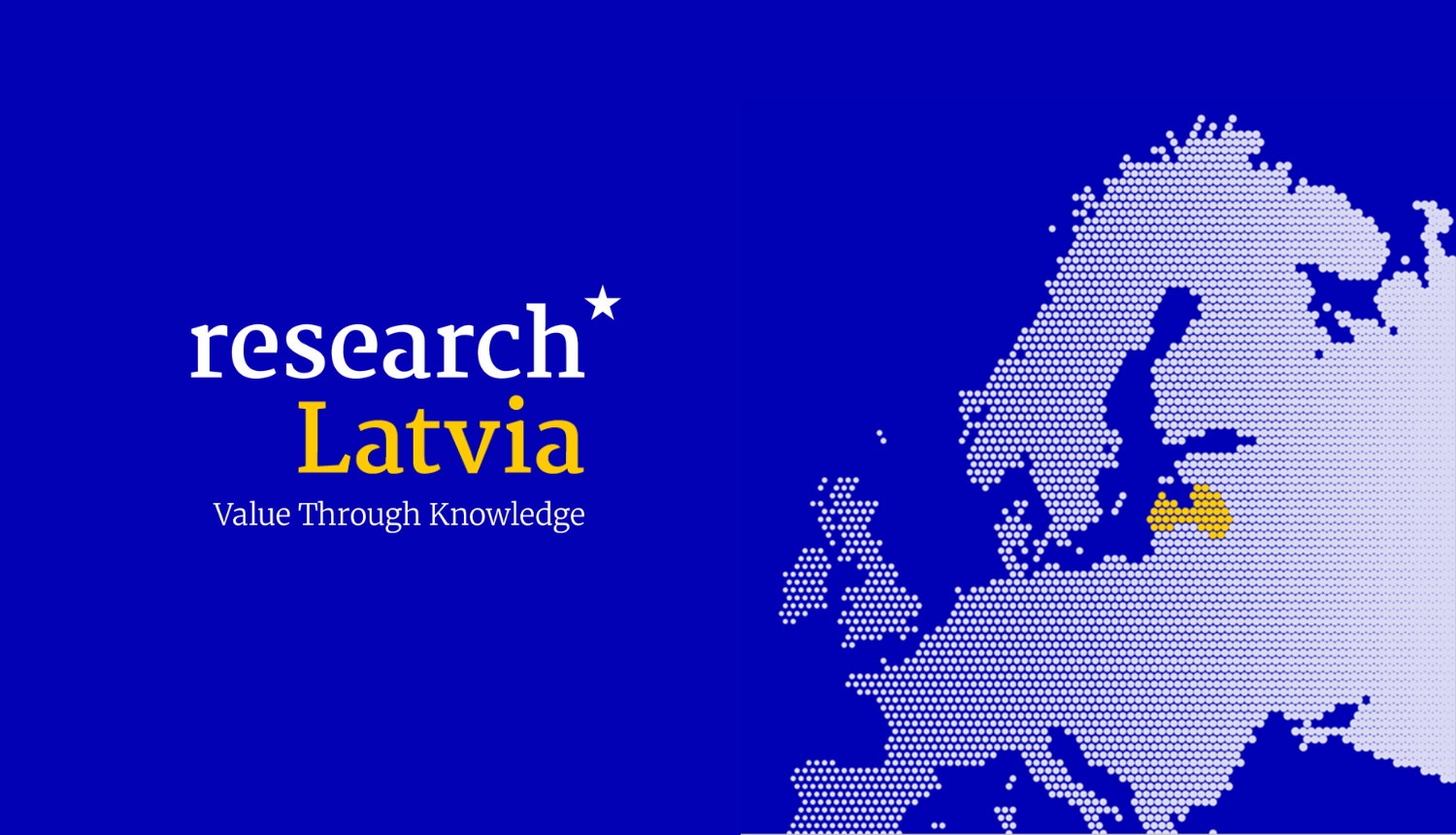World Science Day for Peace and Development, celebrated annually on November 10, is an opportunity to highlight the significance of science in addressing global challenges and its contribution to sustainable development. Latvia proudly marks this day, emphasizing its notable achievements and contributions to the international scientific community.
The Minister of Education and Science, Anda Čakša, states, "The strength of Latvian science lies in its ability to combine knowledge with practical applications, fostering stable and sustainable development. Latvia's research ecosystem creates a favorable environment for innovation and scientific excellence, which helps our country remain competitive within the European scientific community. On this day, we honor every researcher and scientific institution that contributes to the future of our society through their work."
Since 2010, Latvia has more than doubled its impact within the science community of European Union countries. Scientific collaboration has significantly increased, with around 50% of all results achieved in partnership with foreign scientific institutions.
The boundaries between various scientific fields are disappearing. Latvia's integrated science model is based on the value of knowledge, leading toward integrated science, value creation, a European dimension, and a knowledge-based society. Latvian scientists are engaged in outstanding research across a wide range of fields—from biomedical and sustainable energy solutions to the development of artificial intelligence, quantum algorithms, and innovations. This research activity is vital for both the local community and on a global scale, allowing Latvia to occupy a significant position within the European Research Area.
Knowledge creates, surprises and drives forward!
Additional information on current research and discoveries in Latvia can be found on the Ministry of Education and Science’s communication platform, researchLatvia, which interacts across various scientific fields and institutions, society and academia, business and culture, and the national and global scientific worlds.

from the personal to the universal.
